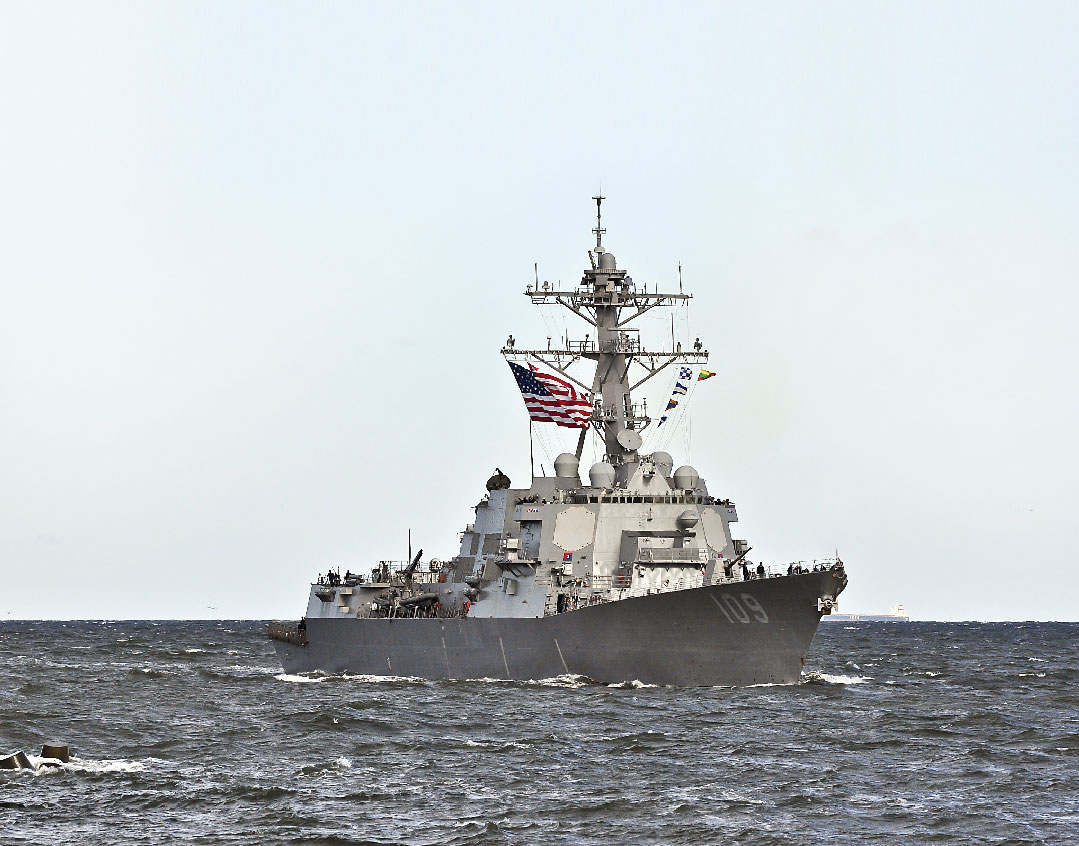Trump Steams Ahead in Mideast

Insight into the Trump administration’s plans in the Middle East

O
n the surface, they seem disconnected, but two developments last Friday are in fact deeply intertwined and give us insight into the Trump administration’s plans in the Middle East.
First, the White House announced its decision to send an extra 1,500 soldiers to the Middle East, after the Pentagon arrived at the conclusion that Iran was behind the mysterious wave of naval sabotage in the Persian Gulf over the last few weeks.
Hours earlier, the administration sidestepped Congressional oversight to sell offensive weapons — including bombs, missile systems, and drones — to Saudi Arabia and the United Arab Emirates, invoking the president’s emergency authority to protect national security interests.
Most read the move as yet another effort to counter Iran. By supplying Saudi Arabia, Iran’s chief Gulf foe, with powerful new weapons, the White House is sending Tehran a clear signal about its intentions. That said, President Trump has insisted he is not interested in a war with Iran, especially after he has made it a policy to withdraw troops from the Middle East.
Dr. Jonathan Schanzer, senior vice president for research at the Foundation for Defense of Democracies, a right-leaning think tank in Washington, concurred that the troop deployment is aimed at sending a message, not starting a war.
“It’s a relatively small number,” he told Mishpacha in an interview. “It really can’t have huge significance. I think it’s an indication of tension, but in the end, it’s not a game changer, far from it.”
But it was only last December that Trump declared his intention to bring home the US forces in Syria and Afghanistan. Does the deployment of 1,500 additional troops show a change in policy?
“I think that Trump’s instinct is that he doesn’t want to remain mired in wars in the Middle East — he wants to leave Iraq, Afghanistan, Syria,” Schanzer said. “These are wars that he does not want to continue to see the United States engaged in. But Iran is a very different story. Iran is a policy priority.”
Schanzer explained that the White House seeks to establish deterrence in what he calls the “ongoing test of wills between the US and Iran.”
Democrats in the House and Senate criticized the administration’s move, citing Saudi Arabia’s poor human rights record and the brutal murder last year of journalist Jamal Khashoggi. Schanzer is not enthusiastic about the administration’s decision to resume arms sales to Saudi Arabia and the UAE, but believes that Congress has taken its concern about Khashoggi to the extreme.
“Not to say that it wouldn’t be appropriate to hit Saudi Arabia with human rights sanctions or even legislation that voices these concerns,” he said. “But Saudi Arabia is still an ally. So I believe Congress has been myopic on this issue.”
(Originally featured in Mishpacha, Issue 762)
Oops! We could not locate your form.













